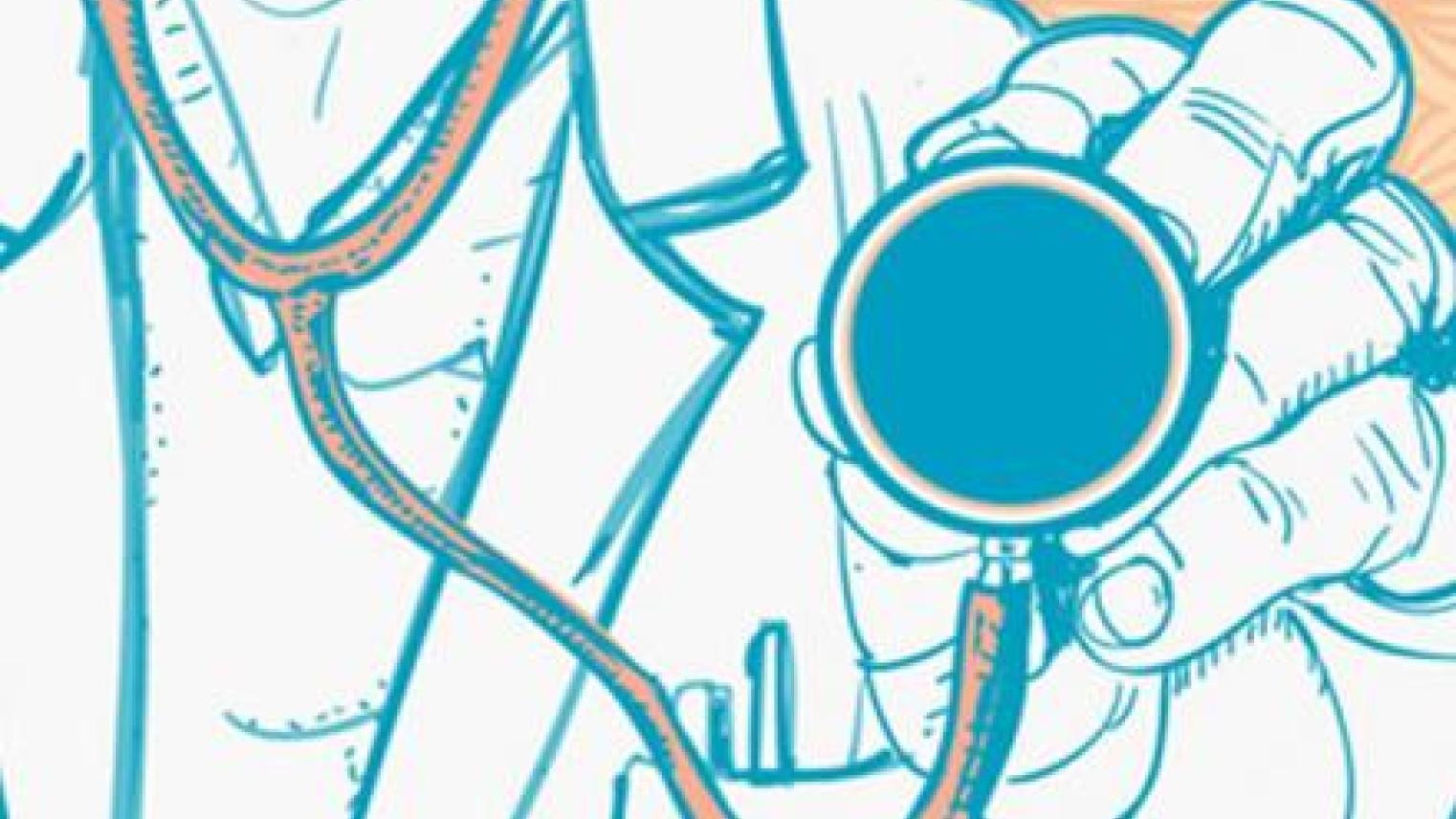ANU and Flinders University establish $2.4 research centre to tackle the social and policy origins of health inequality in Australia

From dirty politics to poor urban planning, thousands of Australians’ lives are being cut short and their health compromised every day because of bad policy and social choice. These are what experts call the social determinants of health inequity, and can include access to basic materials, control over our lives and participation in policy decisions.
In Australia, which has enjoyed 24 years of uninterrupted growth, at their most extreme it sees the poorest 20 per cent of the population die six years earlier than the richest 20 per cent. The nation’s Indigenous population lives, on average, 11 years less.
Now a new joint research centre between The Australian National University and Flinders University launched Friday by former Prime Minister Julia Gillard is set to tackle these inequalities.
The $2.4 million, five-year NHMRC Centre for Research Excellence on the Social Determinants of Health Inequity will look at how social factors like employment, housing, social exclusion, education, income and wealth all combine to negatively impact someone’s chances of long-term health.
The Centre will be jointly run by co-director Professor Sharon Friel, director of the ANU Regulatory Institutions Network and Professor Fran Baum, Foundation Director of the Southgate Institute for Health, Society and Equity at Flinders University.
Professor Sharon Friel said that the CRE would be dedicated to ensuring fairer health outcomes and improving the wellbeing of Australians.
“The difference in life expectancy or the quality of life are fundamentally unfair and a choice,” she said.
“These health differences are avoidable, they are manmade and they are policy choices. Every public policy – not just health policy – has the potential to affect human health and wellbeing.
“We can make it a policy choice to allow it to be like that, or we can make a policy choice to do something about it. Personally, I’m for doing something about it.”
Professor Friel said that to achieve this goal, a major aspect of the Centre’s work will be to use case-study research to increase awareness of health equity as an issue in political and policy agendas.
One of the first case studies will be examining how the closure of the Holden manufacturing plant in Adelaide will impact the wellbeing and help of former employees.“As well as investigating the level of consideration given to the issue of health equity in key economic, social and health policies such as trade, Medicare and Paid Parental Leave, we will explore the ways in which international, national, state and local policies interact in local communities,” Professor Friel said.
At the end of the five-year funding cycle, the Centre aims to have provided a range of evidence on all aspects of the policy cycle and the ways in which policies interact to affect health equity.“We also hope that policy makers in all sectors will be using our research to inform policy development so that policy is fairer,” Professor Baum said.
The Centre brings together those people in Australia and internationally who are at the forefront of research in the social determinants of health equity and public policy.
Among other priorities, it will train researchers who are able to work across sectors and disciplines, and who can put theory into practice to achieve equitable health outcomes.
Fellow ANU researchers Adrian Kay, from Crawford School of Public Policy, and Lyndall Strazdins, from the National Centre for Epidemiology and Population Health, will join the Centre as chief investigators.
Image: Open Health:Stethoscope by opensource.com on flickr, CC BY-SA 2.0